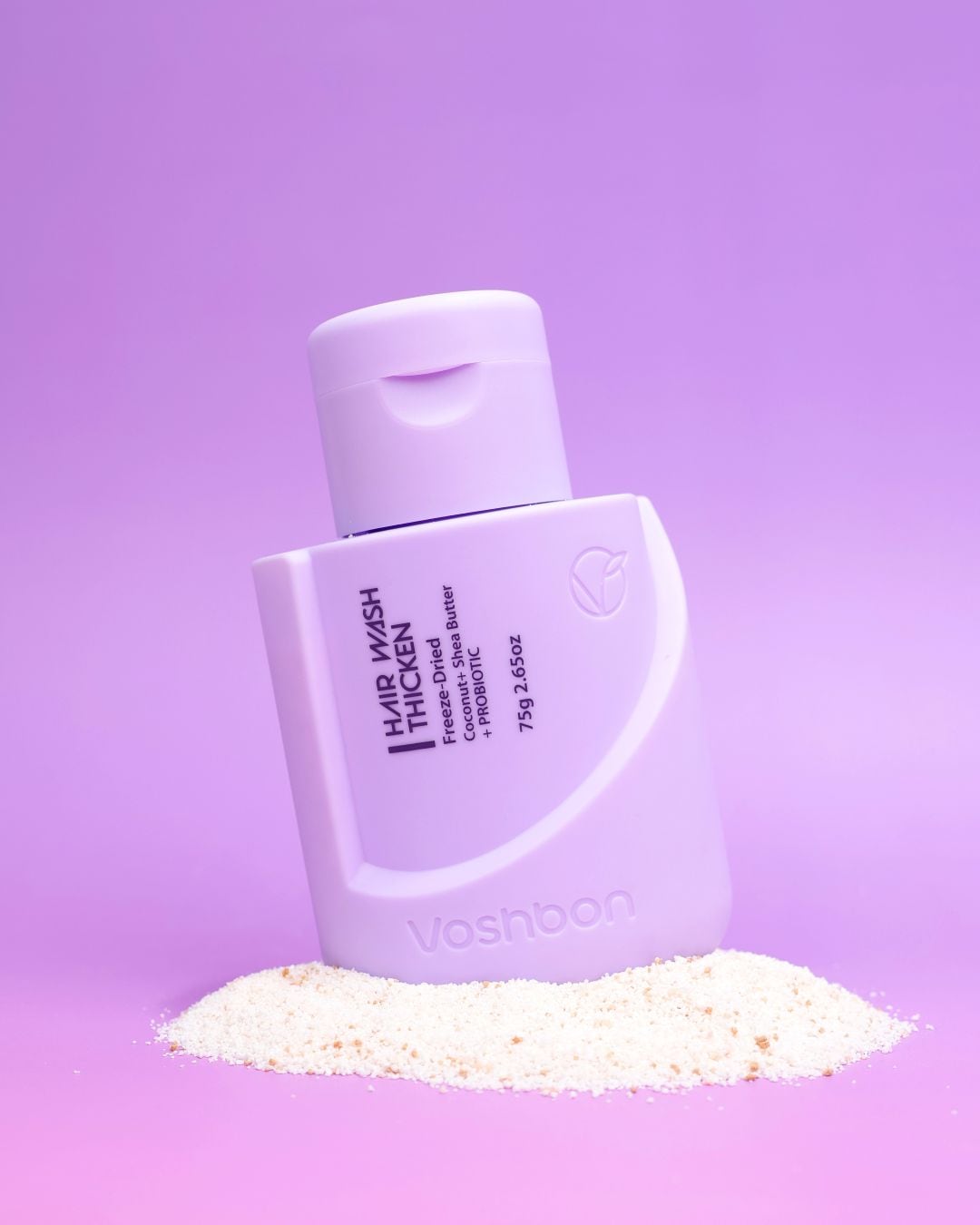Key takeaways
- Silicon is vital for collagen and keratin, but oral supplements have low bioavailability.
- A new study shows topical calcium silicate can deliver bioavailable silicon and calcium ions.
- Clinical trials demonstrated improved nail thickness and strength after 28 days.
- Transungual delivery may stimulate collagen synthesis in the nail bed.
- Findings support future development of new nail serums targeting brittleness and fragility.
A new study undertaken by scientists in Sweden evaluated a novel topical calcium silicate formulation to improve nail health via enhanced silicon delivery.
Silicon is essential for collagen synthesis and keratin stability, and therefore contributes to the health of nails, skin, and hair. However, traditional oral silicon supplements have limited bioavailability due to insoluble forms and first-pass metabolism.
Clinical study validates topical calcium silicate serum
The research has shown that topical silicon delivery via calcium silicate could be a promising alternative to oral supplementation for damaged and brittle nails, with potential for transungual delivery – penetration through the nail plate to stimulate collagen synthesis in the nail bed.
The researchers conducted a 28-day in vitro clinical study in Madrid on nail thickness and strength, applying an oil-based serum with 1 wt% calcium silicate (particle size 7–10 µm) twice daily to fingernails and cuticles using a brush. A total of 35 individuals were screened, and 22 completed the study.
The clinical evaluation of nail thickness and strength was performed at the baseline (Day 0) and post-treatment (Day 28) by a board-certified dermatologist. Nail thickness was graded visually using a 5-point ordinal scale ranging from 0 (absence of thickening) to 4 (severe thickening).
Nail strength was evaluated by manually testing the resistance of the nail plate to gentle bending or breakage, using a standardised qualitative scale from 0 (no resistance) to 4 (high resistance).
Implications for nail care innovation and R&D
Future nail care R&D could consider topical silicon delivery via calcium silicate as a promising alternative to oral supplementation, with potential for transungual delivery, to target brittleness, thinness, and age-related fragility.
The study demonstrated that calcium silicate particles can release bioavailable silicon and calcium ions when applied topically. These ions are biologically active and can: Stimulate collagen synthesis; support keratin structure; and improve tissue strength and resilience
Overall, the study shows that topical delivery using calcium silicate offers a more direct and potentially more effective route.
Topical Delivery of Calcium Silicate for Nail Health: A Clinical and Experimental Evaluation
Viktoria Engqvist and Håkan Engqvist
Cosmetics 2025, 12(5), 196; https://doi.org/10.3390/cosmetics12050196





